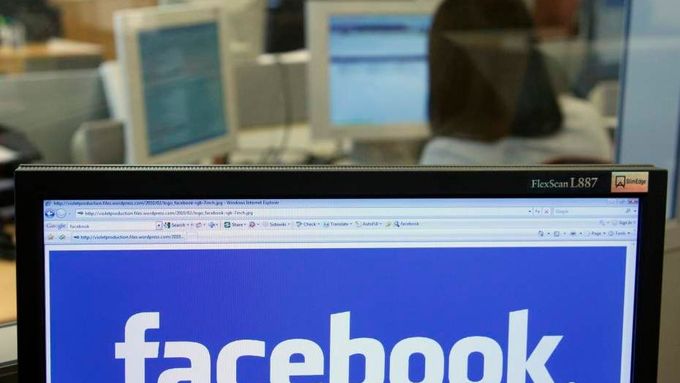In 2013, the Czech Republic will see its first direct presidential election, and this fact will doubtlessly influence the character of the electoral campaign.
US President Barack Obama was dubbed the first "internet president", due to the key role the social media played in his 2008 electoral campaign. And he will try to achieve re-election by using similar means this year.
Will "new media" play an important role also in the Czech presidential election in 2013?
Crisis of media? They have alienated from common people
Youtube's Czech manager to start TV revolution
"I think it will be quite wild," said Tomáš Jindříšek, a Czech social media expert and founder of Dark Side agency, in an interview with Aktualne.cz.
"So far, listening to the possible candidates gives me an impression that nobody of them really feels the importance of new media," said Jindříšek, who suggests that in addition to conventional teams of campaign managers, the candidates should also have social media experts from the ranks of college students or media professionals.
"Unfortunately, here (in the Czech Republic) we are not yet used to what is common in the USA or Western Europe, where think tanks composed by experts and young people help the candidates with the campaign," said Jindříšek, adding that the 2010 electoral campaigns of TOP 09 and Public Affairs already had a hint of this more internet-friendly style of campaigning.
Jindříšek understands the term "new media" as referring to the internet-based interactive digital channels such as Facebook or Twitter.
According to him, social media have an advantage in their broad reach.
Czech anti-virus firm's IPO disappoints as price drops
"Their main advantage is the immediate interaction and great strength," said Jindříšek, adding that one can approach tens or even hundreds of thousands of undecided voters on social networks, while classic election rallies on squares will never attract more than a few thousand people, and in addition most of them with their opinions already formed.
Another advantage of new media is the interactivity, said Jindříšek. "Above all young users of social media want to communicate with their candidates, chat with them, express their opinion, agree with something."
"People, and especially the young generation, strongly appreciate a personal approach, something special... You must persuade them, do something authentic, approach them. For example, you can record a personal message and let them comment on it. You can talk with them directly on an online chat instead of having your secretary answer their questions for you."
